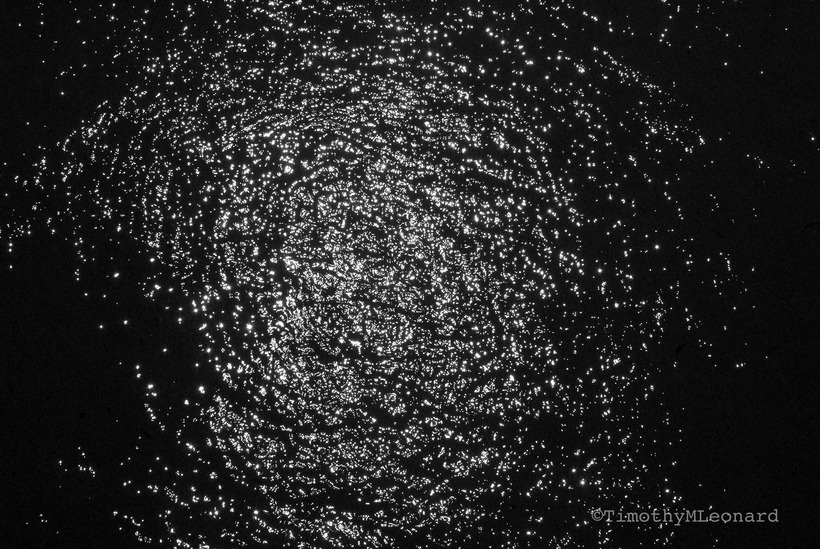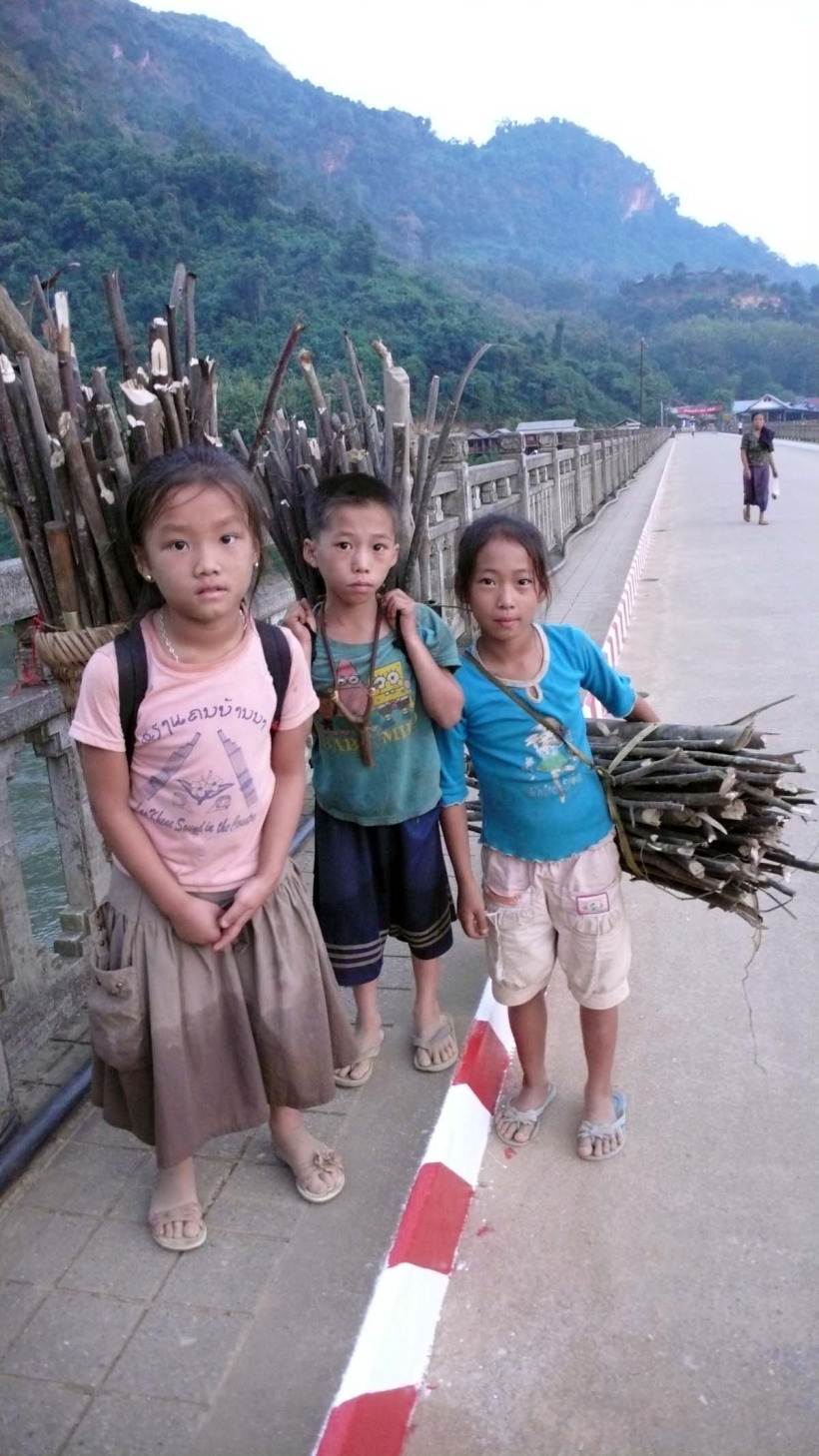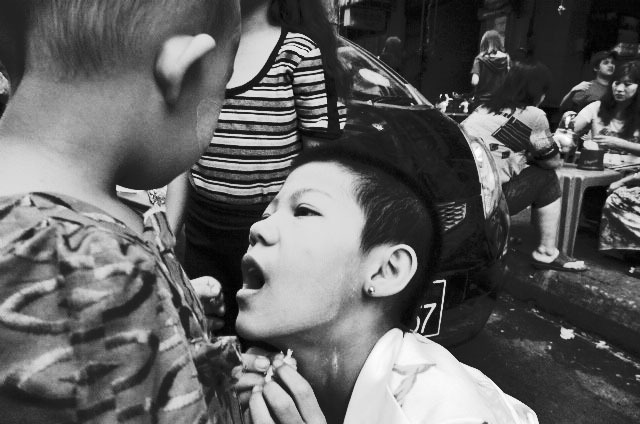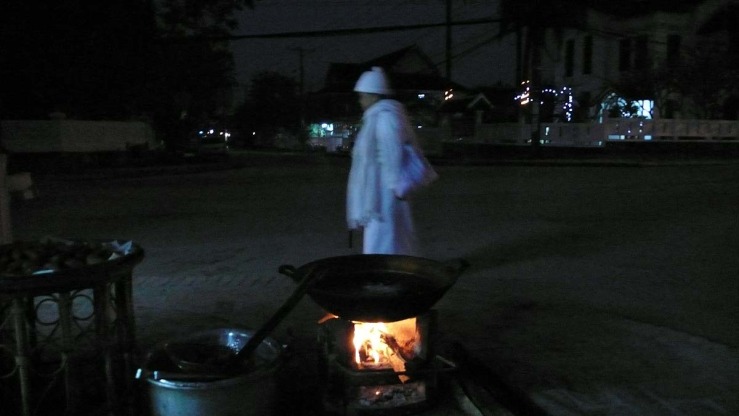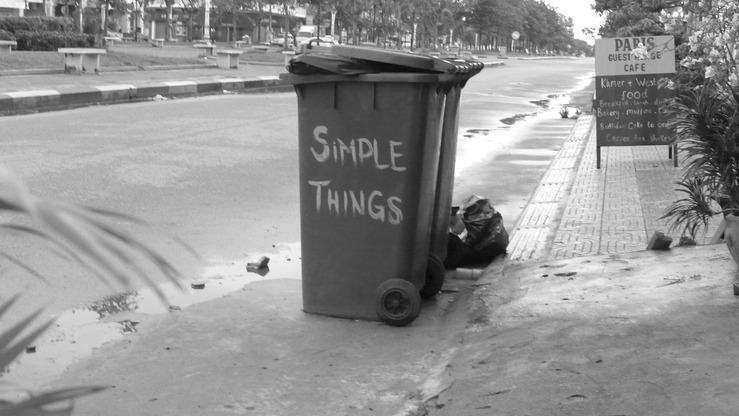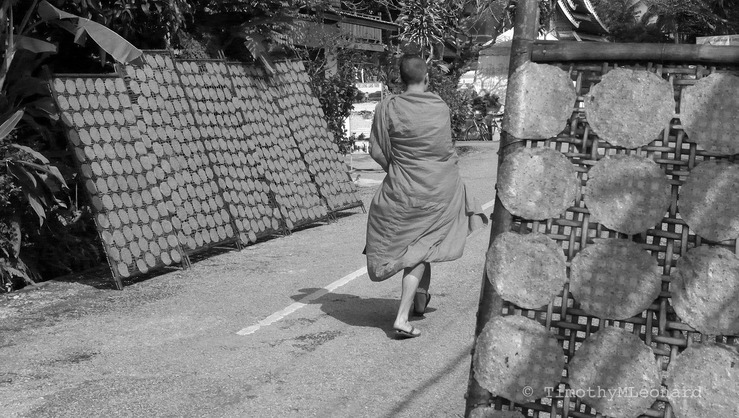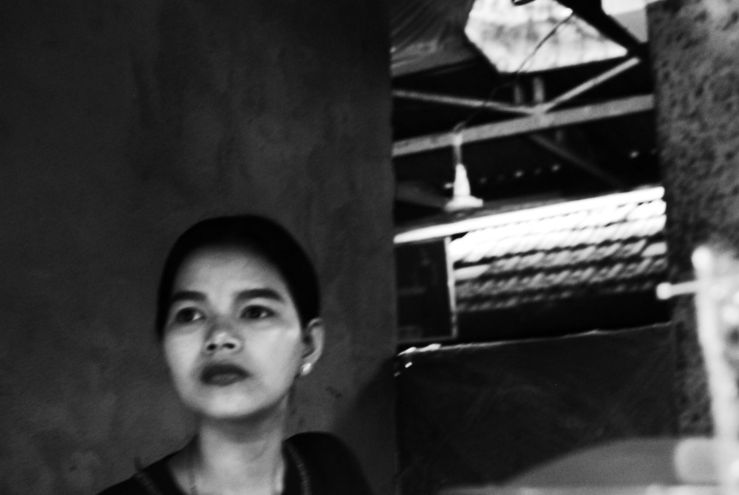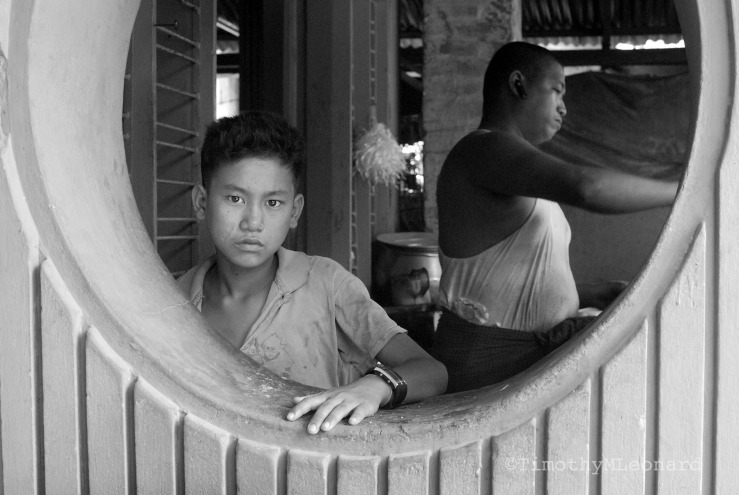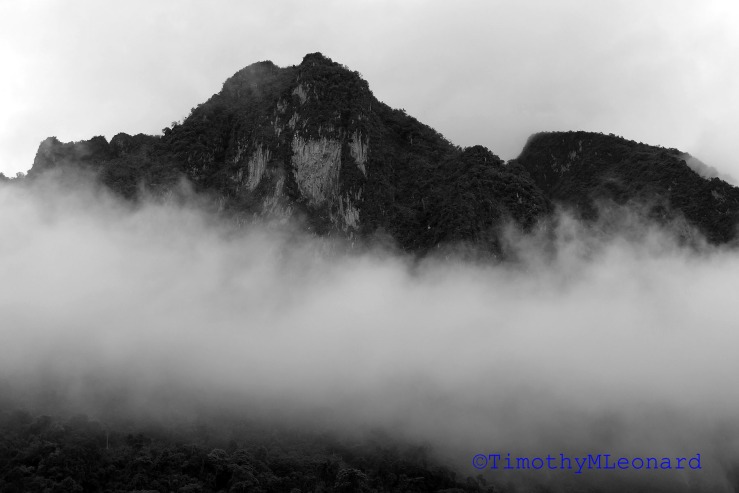Kabul Doctors
Now it happened one Sunday in Ankara, when streets were dead, everyone having evaporated to vote for someone special important and wealthy who’d change alter and manipulate the course of the Turkish future with panache, charisma, dedication, fortitude, and cold hard cash ...
After 4,000+ years of invasions, intrigue, bells and whistles, harems, delicate Blue Mosque mosaics, gongs, cymbals and flutes in life’s chess game, survivors said YES we have realized truth and freedom and democracy in digestible form. One size fits all.
I stood on a main artery filled with silent rusty water fountains of youth. Shuttered stores gleamed with expensive watches, clothing and exchange rates. A bundled man in stone cold shadows sold Simit, a common thick round seedy pretzel from his red and white rolling carnival circus wagon.
Five women in shimmering red, green and sea blue silk danced along shiny plate glass windows admiring their reflection. Hello Beauty. They hugged each other exploring visual perceptions. Their dark skin, sharp noses, deep black eyes complemented long hair under bright head scarves. Clothing reflected silver balls and small mirrors. They jabbered in Farsi.
Three posed in front of a clothing store to have their picture taken with a male mannequin. Men talk nonsense, make war, babies and are real dummies. A white frozen dummy wore a dark pin stripped suit.
A tall woman used a point-n-shoot digital camera to trap an image of her laughing friends. One didn’t smile because she was sad, serious and a long way from home thinking ...
How are my brothers and sisters today are they alive trying to find food while the Taliban coerces them into religious ideologies resembling spider webs composed of incessant swarming angry bees beheading and stoning and honor killing innocent women for trivial behaviors in public like walking, turning, gesturing, laughing, weeping, or pausing?
Breathing was a major crime.
Fundamentaliism is the Big H smack, said Louie, a barbarian crusader … look at world’s religions ... Christians have a booze addiction ... Catholics have faith in dope, weed, grass and ganja ... Agnostics have a library card.
Shhh ... said one woman whispering to herself, One should keep quiet, practice self-censorship. Think freedom but don’t say it. A mantra for billions.
Don’t you realize how the dying religious leaders sleep together and will shuffle your deck, rearrange their animosity, hunt you down like a dog and pick their nose in private before blowing your life, wife, strife into their rag?
Do be pious, stupid and poor in mind body and spirit swallowing religious addictions controlling your gravitational awareness with mathematical rational certainty.
Her family, praise Allah, were still alive when she returned and she wasn’t sure about their destiny or hers because life is filled with unexpected complicated and complex random surprises and inconveniences and nature is a cruel beautiful illusionary dream.
At that exact moment bi-lingual Asian orphans played hide n’ seek in secret gardens above landmines far removed from adult stupidity, regrets, indignation, jealousy and revenge-tainted anger.
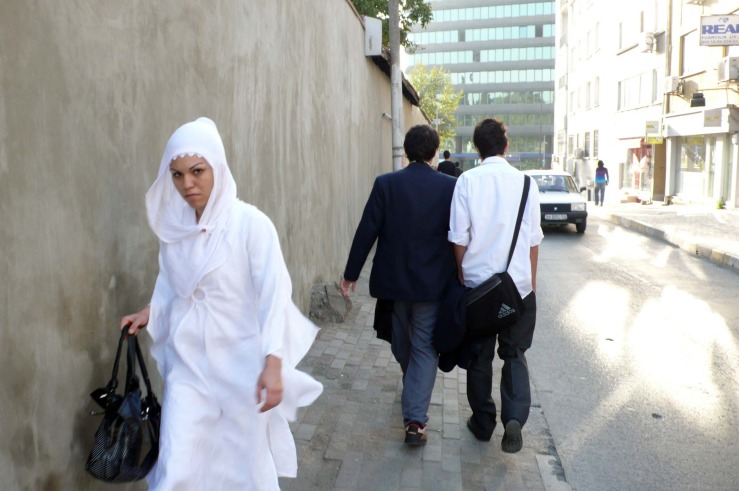
The photographer finished. I gestured if she wanted me to take a picture of their group. Yes, she said, in impeccable English, Please ask your friends, your sisters to stand there, pointing to a wide area where full trees created a soft background. She sang to her friends. Two shy ones hid behind flowing skirts. They were coaxed out of hiding. Click.
I handed her the camera. Where are you from, We are from Kabul, Why are you here, We are doctors, we have been attending seminars and will return home this week.
Are you all from Kabul, No, gesturing to the women hiding behind their sisters, They are from distant provinces, I see ... How is the medical situation now in Afghanistan, do you have enough medicine … It changes we are fortunate to receive medicine from international aid agencies, our hospitals need more equipment, it’s a struggle at times especially outside the capital …
How are the children doing in your country, are they receiving medical care and enough food, can they go to school ... We are doing our best to take care of the children ... I wish you well in the future, knowing you face large responsibilities, it was nice meeting you, Thank you, she smiled, Good-bye, joining her friends passing shops, talking free.
One whispered to her shy sister, Our friends in Kabul will never believe it when we tell them we walked down a street talking, feeling free, how we had our picture taken by a man who wasn’t an immediate relative.
Her sister laughed, Yes, it’s strange feeling free to be your true self without fear of the religious police following you step by step, day in and day out like snakes ready to bite you, Someone should cut off their head, said another sister dancing her mirrors ...
My dream, said another sister, Is to be a free person in a free country ... Is that too much to ask, Freedom is a life changing experience with responsibilities, said her sister, smelling wild roses, I feel free.
When I related this encounter to a TLC student she asked, Were they open or closed, referring to veils not their liberated emotional being, They were open.
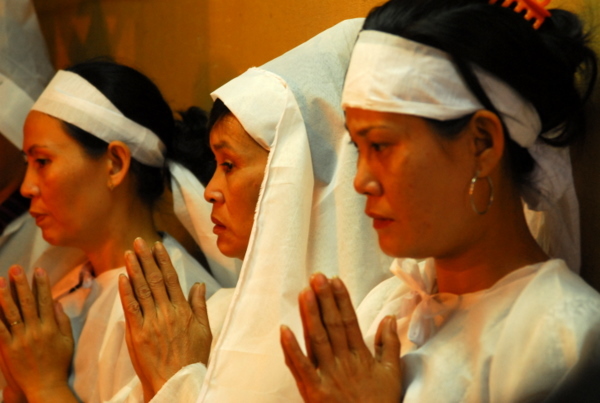






 Share Article
Share Article 